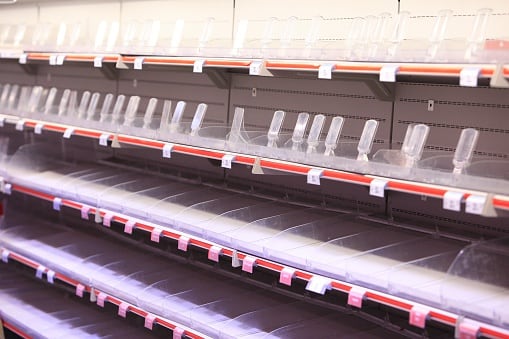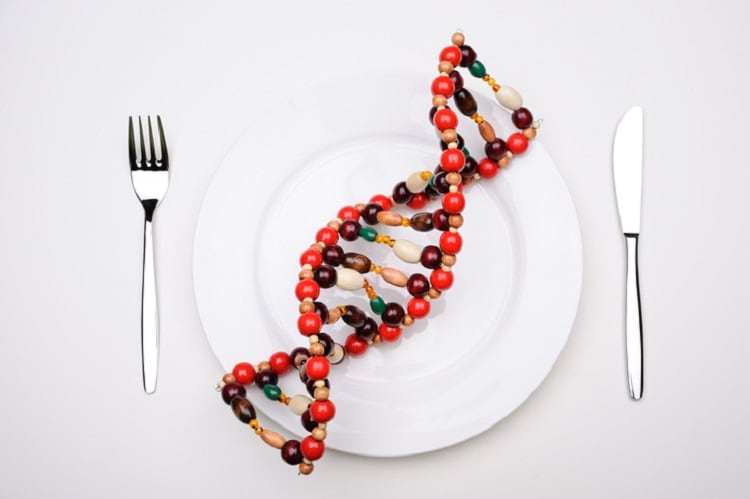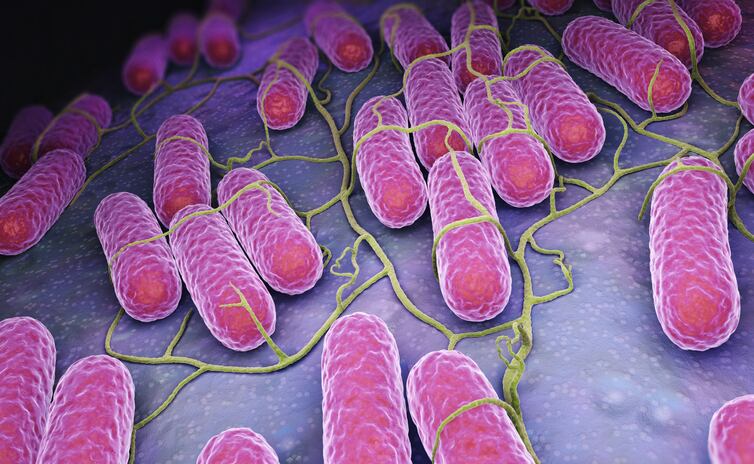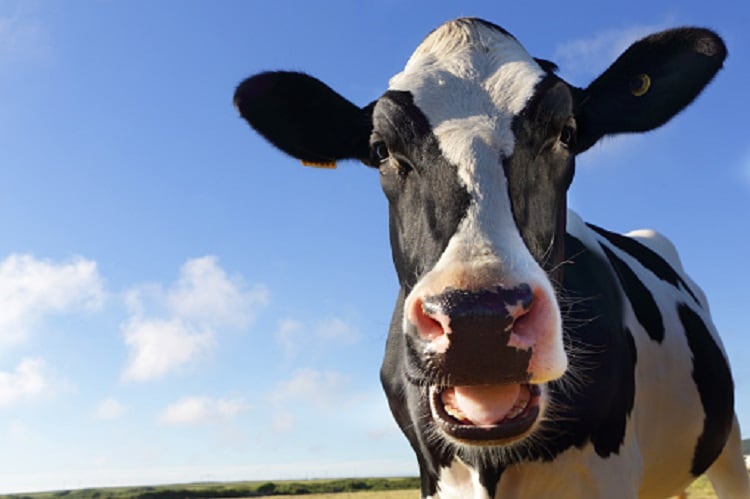A new DNA scanning tool, designed to identify the entire DNA content of food, has been developed to address food authenticity and food safety issues.
Leveraging next generation sequencing (NGS) technology, the tool compares the actual ingredients in a food – as identified by its DNA profile – with those declared on the product label.
NGS is a way of sequencing DNA, chief specialist of food science and technology at FSAI, Pat O’Mahony, told FoodNavigator.
“It’s very quick and uses as much data analysis as it does DNA manipulation.
“We’re the first regulatory agency to use it for food authenticity and food safety issues,” he continued.
Apart from being quicker, the technology also makes for a broader analysis of a food product or supplement by proactively identifying all ingredients and their biological sources.
Up until now, DNA testing of food has required analysts to know specifically what they are looking for. Indeed, this was the method applied by the FSAI when it uncovered a major food authenticity issue in beef supply chains earlier this decade.

Ireland was the first EU Member State to identify horse meat in products pertaining to contain beef and make its findings public.
“When we did the horse meat study back in 2012, we went looking for horsemeat,” O’Mahony explained, adding that at that time, NGS wasn’t yet available.
“The beauty of next generation sequencing is that you don’t have to know what you’re looking for. You can sequence everything and see what falls out.”
Proving the concept
Over the past two years, the FSAI worked with Identigen’s laboratory in Dublin to adapt NGS into a DNA scanning tool for food.
The project focused on plant ingredients for two main reasons. “First of all, there are tens of thousands of different types of plants in supplements, herbs and spices,” said O’Mahony.
“In addition, when you’re talking DNA analysis, plants can be a bit problematic in that they have certain inhibitory substances within them – they do inhibit some enzymatic reactions.
“So, we picked plants because we knew that if it worked for plants, it would equally work for animals or insects, because they are easier to work with in terms of DNA analysis,” he continued.
For the project, the FSAI purchased 45 different plant-based foods and food supplements from stores in central Dublin. Among items bought were ground almonds, cumin seeds, Chilli Powder Hot, Italian Herb Seasoning, chamomile tea, Cajun Spice Mix, and Steak Herb & Spice Blend.
The DNA scanner tool identified that four out of 45 products contained undeclared ingredients.
“I thought the biggest problem we found was in a product called Cajun Spice Mix,” O’Mahony told this publication. The mix was found to contain white mustard.
“In 2017, the label had no mention of mustard. [The presence of mustard] is dangerous because it’s one of the 14 allergens in Europe that has to be declared.
“Strangely enough, since that time, the label has changed. They’ve added ‘may contain mustard’ on there.”
O’Mahony confirmed the FSAI has followed up on that product, due to its food safety risk. “We’ve carried out official controls and that is currently working its way through the system.”
The project proved that non-targeted DNA analysis can detect undeclared plant specifies, but O’Mahoney stressed the results are not definitive. Any results of interest should be subjected to verification through more established analytical methods.
“NGS gives you an indicator. But it is a very good indicator on something you may have no idea is there…and if something pops out, then that’s a good reason to go after it.”
Potential for industry
While this particular project focused on food authenticity, O’Mahoney told us the technology could also be used to test unsafe plant ingredients in food.
“Processed foods, such as veggie burgers, should work just as well. Even though they are processed, the DNA is fairly robust and you’ll still pick up plenty of DNA in there.”
A current drawback, however, is the cost. As time goes on, NGS will become easier to work with and less expensive, said O’Mahoney, suggested that at that time it could even make financial sense to test single samples.
In the future, industry should be able to use it to test plant-based or animal-based products. “If you’re unsure of your suppliers, and if you don’t have the audit capacity required…then this will tell you exactly what is in these products.”





